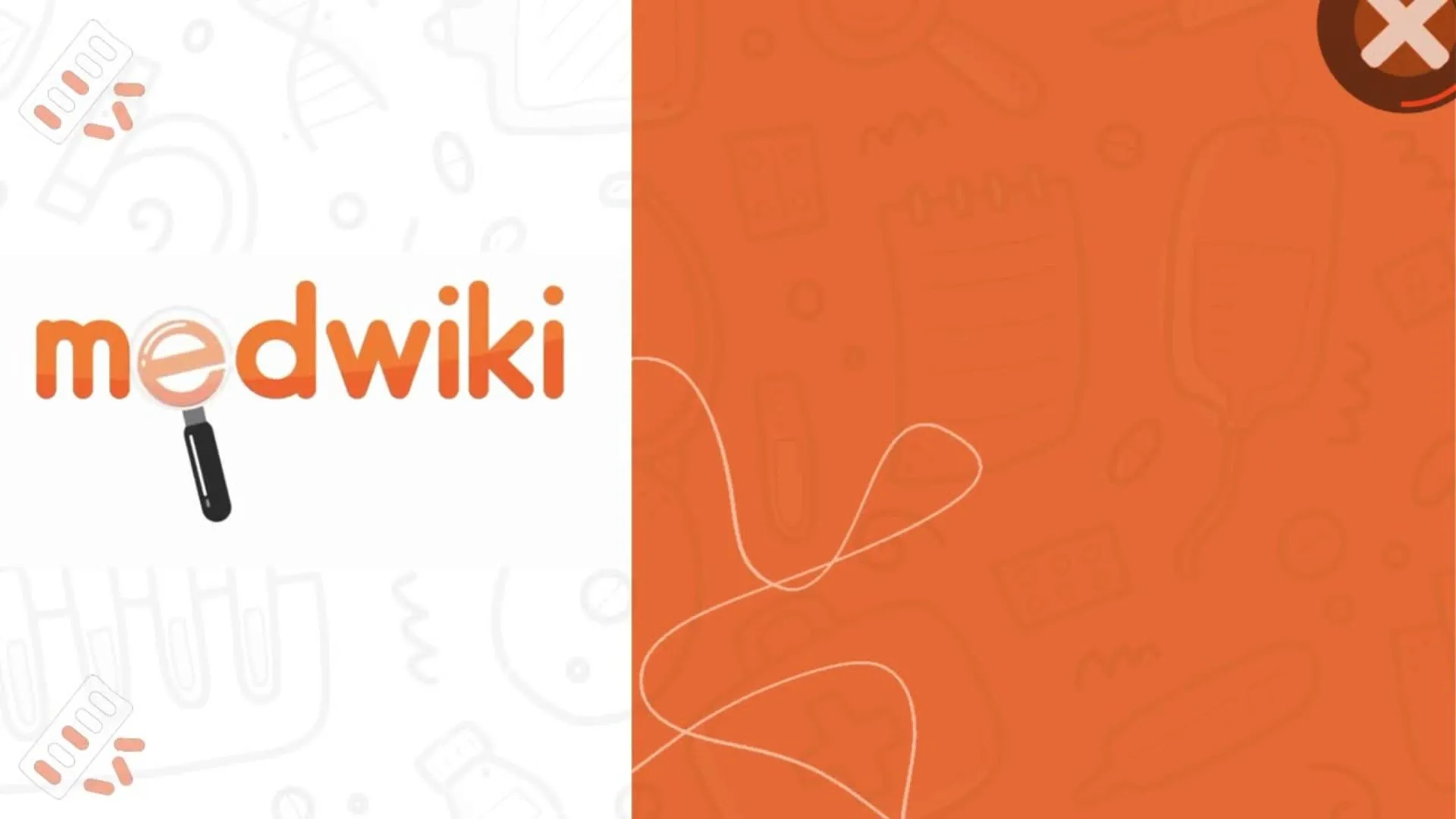Rabeprazole
Duodenal Ulcer, Gastroesophageal Reflux ... show more
DRUG STATUS

Approvals
US(FDA), UK(BNF)

Essential Medicine
NO

Teratogenicity
Unlisted

Pharmaceutical Class
Proton Pump Inhibitor

Rabeprazole
Know More About This Medicine -
Click HereSummary
Rabeprazole is used to treat gastroesophageal reflux disease (GERD), stomach ulcers, and Zollinger-Ellison syndrome, which causes excessive stomach acid. It's also used to treat infections caused by Helicobacter pylori bacteria and to heal esophagitis, which is damage to the esophagus caused by stomach acid. It can also prevent ulcers caused by nonsteroidal anti-inflammatory drugs (NSAIDs).
Rabeprazole works by blocking the proton pump in the cells of your stomach. This pump is responsible for producing stomach acid. By blocking it, Rabeprazole reduces the amount of acid in your stomach, which can relieve symptoms like heartburn and indigestion, and promote healing of the digestive tract.
The usual adult dosage of Rabeprazole is 20 mg once daily, taken before a meal. For conditions like GERD or ulcers, treatment is typically continued for 4-8 weeks depending on the condition. Rabeprazole should be taken whole, not crushed or chewed, and with a full glass of water.
Common side effects of Rabeprazole include headache, diarrhea, nausea, and abdominal pain. Serious, but rare, side effects may include allergic reactions, liver problems, and an increased risk of bone fractures with long-term use. Prolonged use can also lead to vitamin B12 deficiency and an increased risk of gastrointestinal infections.
Rabeprazole should be used with caution in individuals with liver disease. It is not recommended for people who are allergic to Rabeprazole or other proton pump inhibitors. Long-term use can increase the risk of bone fractures, vitamin B12 deficiency, and gastrointestinal infections. It should also be avoided in people with low magnesium levels or a history of severe allergic reactions to PPIs.
Indications and Purpose
What is Rabeprazole used for?
Rabeprazole is commonly indicated for the treatment of gastroesophageal reflux disease (GERD), stomach ulcers, and Zollinger-Ellison syndrome (a condition causing excessive stomach acid production). It is also used to treat Helicobacter pylori infections as part of a combination therapy for ulcers and to promote the healing of erosive esophagitis caused by acid reflux. Additionally, it helps in preventing ulcers caused by nonsteroidal anti-inflammatory drugs (NSAIDs).
How does Rabeprazole work?
Rabeprazole works by inhibiting the proton pump in the stomach lining, which is responsible for secreting stomach acid. By blocking this pump, Rabeprazole reduces the amount of acid produced in the stomach. This helps alleviate symptoms of acid reflux, promotes healing of ulcers, and prevents damage to the esophagus or stomach lining caused by excessive acid. It also reduces irritation and inflammation associated with conditions like GERD.
Is Rabeprazole effective?
Clinical studies have shown that Rabeprazole effectively reduces stomach acid production, providing relief from symptoms of GERD, ulcers, and other acid-related conditions. Research indicates it helps heal erosive esophagitis, promotes ulcer healing, and is effective in combination therapies for H. pylori eradication. Its ability to suppress acid production and improve patient outcomes in acid reflux and ulcer management has been well-documented in clinical trials.
How does one know if Rabeprazole is working?
The benefit of Rabeprazole is evaluated by monitoring the reduction in symptoms such as heartburn, acid reflux, and stomach pain. Healthcare providers may also assess healing through endoscopic exams to check for esophagitis or ulcers. Additionally, relief of symptoms and improvement in overall quality of life are key indicators that the medication is working effectively in managing acid-related conditions.
Directions for Use
What is the usual dose of Rabeprazole?
Rabeprazole sodium delayed-release tablets are not suitable for children under 12 years old. The strength of the tablet is too high for this age group. Instead, younger children (aged 1 to 11) should use alternative rabeprazole formulations that are tailored to their specific needs. The dosage and duration of treatment will vary depending on the reason for taking the medication. Always consult with a healthcare professional for the most appropriate dosage and duration of treatment.
How do I take Rabeprazole?
Rabeprazole should be taken before a meal, typically once daily, to maximize its effectiveness in reducing stomach acid. It can be taken with or without food, but taking it on an empty stomach is generally recommended for optimal results. There are no specific food restrictions, but it's advisable to avoid foods that may irritate your stomach, such as spicy or acidic foods, while undergoing treatment. Always follow the instructions provided by your healthcare provider.
For how long do I take Rabeprazole?
- Gastroesophageal Reflux Disease (GERD): Treatment usually lasts 4 to 8 weeks. If symptoms persist after 8 weeks, an additional 8-week course may be considered.
- Erosive Esophagitis: Generally prescribed for up to 8 weeks, with a possibility of extending treatment if healing is not achieved.
- Duodenal Ulcers: Typically treated for 4 weeks, with an option for an additional course if needed.
- Maintenance Therapy: For maintaining healing, rabeprazole can be used for up to 12 months. Long-term safety beyond this duration has not been established.
How long does it take for Rabeprazole to start working?
Rabeprazole usually starts working within 1 to 2 hours after taking it, providing relief from acid-related symptoms like heartburn. However, it may take a few days of consistent use to achieve the full therapeutic effect, particularly in treating conditions like GERD or ulcers. For optimal results, it's important to follow the prescribed dosage and duration of treatment.
How should I store Rabeprazole?
Rabeprazole should be stored at room temperature, away from heat, moisture, and direct sunlight. Keep the medication in its original container, tightly closed, and out of reach of children. Do not store it in a bathroom or humid environment, as moisture can affect the integrity of the tablets. Always check the expiration date before use and dispose of any unused medication properly.
Warnings and Precautions
Who should avoid taking Rabeprazole?
Rabeprazole should be used with caution in individuals with liver disease, as it may affect liver function. It is contraindicated in people who are allergic to Rabeprazole or other proton pump inhibitors. Long-term use can increase the risk of bone fractures, vitamin B12 deficiency, and gastrointestinal infections like Clostridium difficile. It should also be avoided in people with low magnesium levels or a history of severe allergic reactions to PPIs. Always follow healthcare provider guidance when using this medication.
Can I take Rabeprazole with other prescription drugs?
Rabeprazole can interact with several prescription drugs. It may reduce the effectiveness of certain drugs that require stomach acid for absorption, such as ketoconazole, itraconazole, and atazanavir. It can also increase the blood levels of drugs like methotrexate and diazepam, potentially leading to side effects. Additionally, combining Rabeprazole with warfarin may increase the risk of bleeding. Always inform your healthcare provider about all medications you're taking to avoid harmful interactions.
Can I take Rabeprazole with vitamins or supplements?
Rabeprazole can affect the absorption of certain vitamins and minerals, especially vitamin B12 and magnesium. Long-term use may reduce the absorption of vitamin B12, potentially leading to deficiency. It may also lower magnesium levels, which can cause muscle spasms or irregular heart rhythms. It's important to monitor vitamin levels and consult a healthcare provider if taking supplements alongside Rabeprazole.
Can Rabeprazole be taken safely while pregnant?
Rabeprazole is classified as a Category C drug for pregnancy, meaning that while animal studies have shown no harm, there are insufficient human studies to confirm its safety during pregnancy. It should only be used during pregnancy if the potential benefits outweigh the risks. Pregnant women should consult a healthcare provider before taking Rabeprazole to ensure it is necessary and safe for their condition.
Can Rabeprazole be taken safely while breastfeeding?
Rabeprazole is excreted into breast milk in small amounts, but there is limited data on its effects on breastfeeding infants. It is generally considered safe for use during lactation, especially when the benefits to the mother outweigh potential risks. However, nursing mothers should consult their healthcare provider to ensure the medication is appropriate for their condition and to monitor for any potential adverse effects on the infant.
Is Rabeprazole safe for the elderly?
- Increased Sensitivity: Elderly patients may be more sensitive to the effects of rabeprazole compared to younger adults, necessitating careful monitoring.
- No Specific Limitations: Current studies have not identified geriatric-specific problems that would limit the use of rabeprazole in older adults.
- Long-term Use Caution: Prolonged use may lead to risks such as weakened bones due to reduced calcium and magnesium levels. Supplementation may be necessary.
- Regular Monitoring: Regular follow-ups are essential to assess efficacy and any potential adverse effects, especially in those with comorbidities.
Is it safe to exercise while taking Rabeprazole?
It is generally safe to exercise while taking Rabeprazole. Just ensure that you don't push yourself too hard if you experience fatigue or stomach discomfort. Always stay hydrated and listen to your body. If you experience symptoms like dizziness, consult your doctor.
Is it safe to drink alcohol while taking Rabeprazole?
Drinking alcohol while taking Rabeprazole can irritate the stomach and interfere with the medication’s ability to heal ulcers or treat acid reflux effectively. It’s best to limit alcohol intake to ensure full treatment benefits.






.svg)



